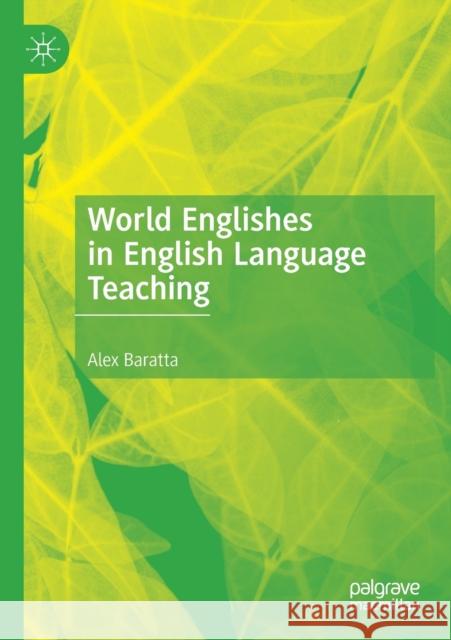World Englishes in English Language Teaching » książka
topmenu
World Englishes in English Language Teaching
ISBN-13: 9783030132880 / Angielski / Miękka / 2020 / 319 str.
World Englishes in English Language Teaching
ISBN-13: 9783030132880 / Angielski / Miękka / 2020 / 319 str.
cena 483,04
(netto: 460,04 VAT: 5%)
Najniższa cena z 30 dni: 462,63
(netto: 460,04 VAT: 5%)
Najniższa cena z 30 dni: 462,63
Termin realizacji zamówienia:
ok. 22 dni roboczych
Dostawa w 2026 r.
ok. 22 dni roboczych
Dostawa w 2026 r.
Darmowa dostawa!
Kategorie:
Kategorie BISAC:
Wydawca:
Palgrave MacMillan
Język:
Angielski
ISBN-13:
9783030132880
Rok wydania:
2020
Wydanie:
2019
Ilość stron:
319
Waga:
0.43 kg
Wymiary:
21.01 x 14.81 x 1.85
Oprawa:
Miękka
Wolumenów:
01
Dodatkowe informacje:
Wydanie ilustrowane











